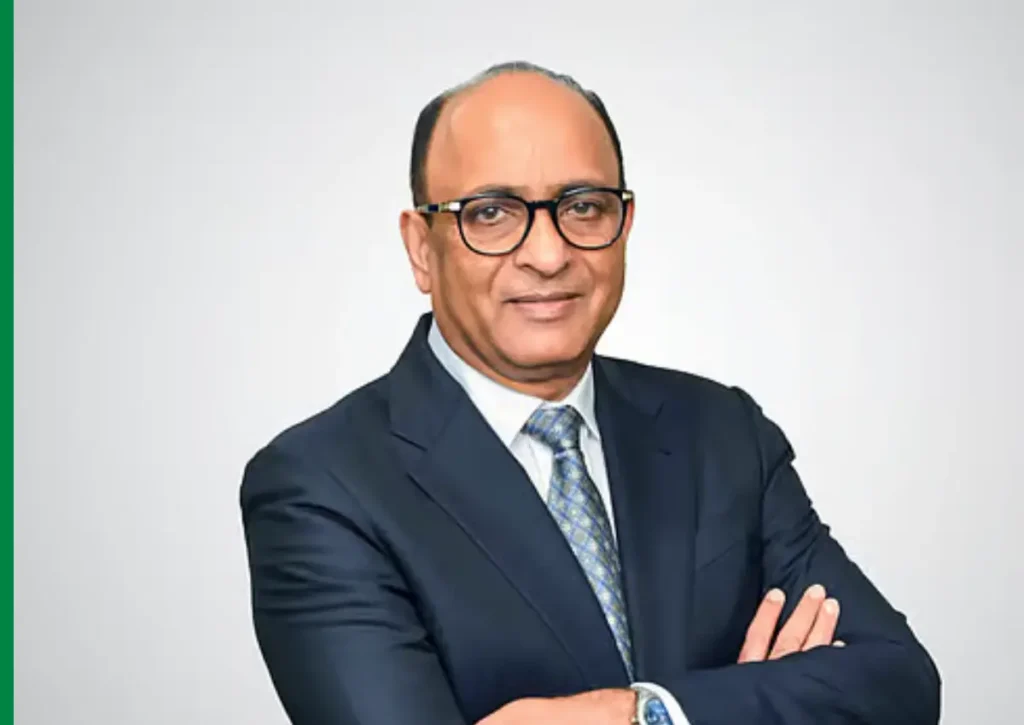In a landmark regulatory move, the Securities and Exchange Board of India (SEBI) has barred former IndusInd Bank CEO Sumant Kathpalia and four other top executives from accessing the securities markets. This action follows allegations of insider trading linked to sensitive internal information about the bank’s financial operations.

The Core of the Allegation
The controversy centers around unpublished price-sensitive information (UPSI) related to significant losses from derivative exposures. According to SEBI’s interim order issued on May 28, 2025, Kathpalia and his colleagues allegedly sold off large volumes of IndusInd Bank shares just before this information was made public. By doing so, they collectively avoided losses estimated at ₹19.78 crore.
The timing of these trades—executed while the executives were still in key leadership roles—suggests a deliberate attempt to benefit from insider knowledge, SEBI stated. The regulator has not only barred them from trading but also frozen their accounts to the extent of the illicit gains.
Who Else Is Involved?
Alongside Sumant Kathpalia, the list of individuals facing the market ban includes Arun Khurana, the former Deputy CEO, and three other senior-level insiders who reportedly had access to internal discussions and boardroom decisions during the critical period.
A Chain of Events That Raised Red Flags
This crackdown didn’t come out of the blue. Earlier this year, in March 2025, the Reserve Bank of India (RBI) raised eyebrows by approving only a one-year extension for Kathpalia’s tenure instead of the standard three years. A month later, both Kathpalia and Khurana resigned from their posts, citing “moral responsibility.”
These leadership exits were followed by increased scrutiny from both investors and regulators, especially after IndusInd Bank publicly disclosed that it had incurred significant derivative losses due to internal accounting lapses.
Market and Industry Impact
The fallout has been substantial. IndusInd Bank’s stock price took a hit following the leadership changes and the announcement of financial discrepancies. Investor confidence has been shaken, and questions about governance, transparency, and ethical standards at the bank have become louder.
Market analysts believe this case could set a precedent for how SEBI treats insider trading at the highest levels of corporate India. “It’s not just about enforcement—it’s a message,” said one senior financial consultant. “No one is above the system.”
What’s Next for IndusInd Bank?
The bank has issued a brief statement confirming that it is fully cooperating with SEBI’s investigation and is committed to strengthening its internal governance frameworks. A search is already underway to find a permanent CEO, and several internal processes are being reviewed.
As the case unfolds, further legal and regulatory action may follow based on the outcome of the ongoing investigation.
FAQs
Q1: Why did SEBI ban Sumant Kathpalia and others?
SEBI alleges that they engaged in insider trading by selling shares based on unpublished financial information to avoid significant losses.
Q2: What financial impact did the alleged insider trading have?
SEBI estimates that the individuals avoided a total loss of ₹19.78 crore by offloading shares before the news became public.
Q3: What does this mean for IndusInd Bank investors?
While the long-term impact is uncertain, the controversy has temporarily eroded investor trust and affected the bank’s market performance.
Q4: Are these bans permanent?
The bans are currently interim. SEBI may issue final orders after further hearings and investigation.
Q5: Is insider trading common in Indian banking?
While rare, insider trading cases involving top banking executives are treated very seriously and often lead to regulatory overhauls.



